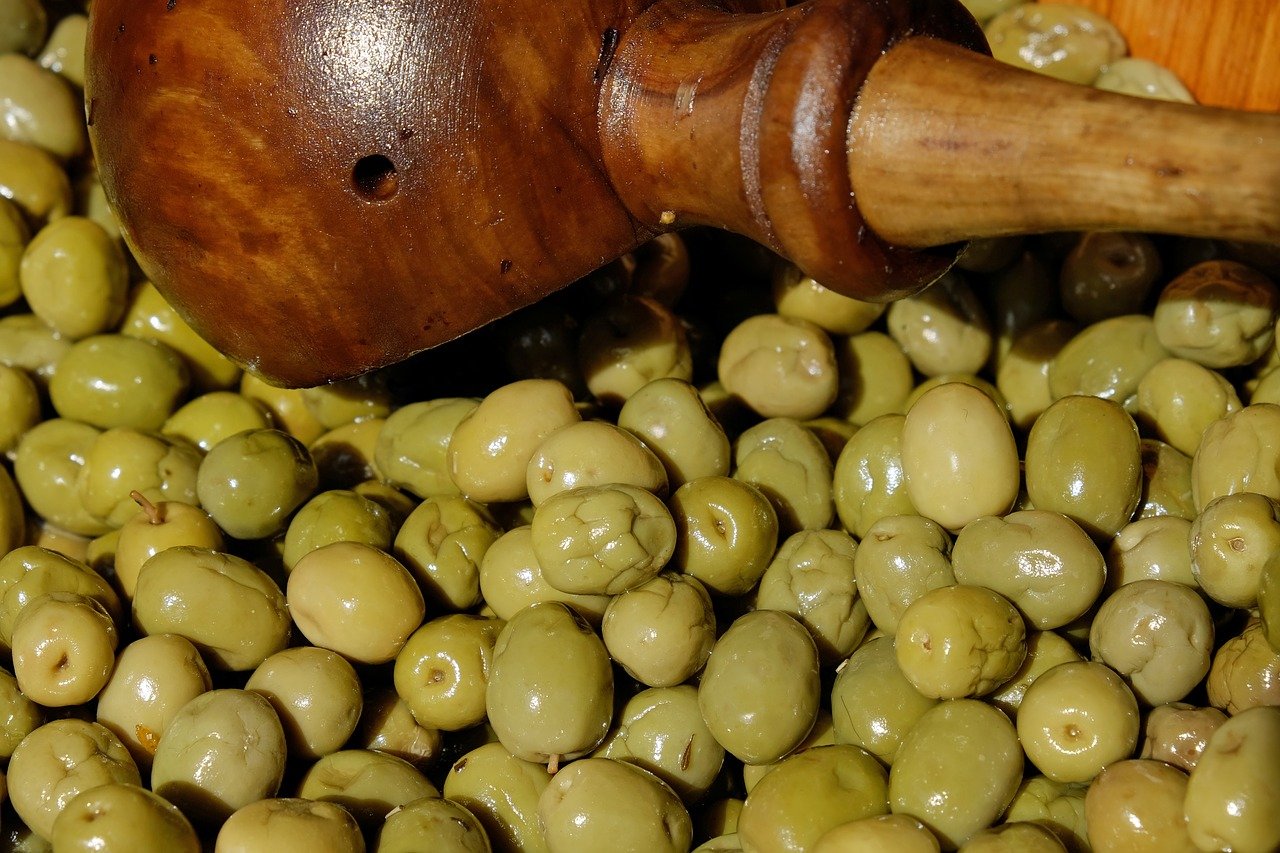Agriculture Minister Maria Panayiotou on Tuesday underlined the government’s commitment to producing high-quality products, reducing production costs and safeguarding public health and the environment.
Highlighting the challenges facing the agricultural sector, Panayiotou told the Panhellenic Phytopathological Conference in Paphos that the government aims to strengthen the primary sector, which she called “a critical pillar of the economy”, through strategic and targeted initiatives.
Panayiotou also stressed the conference’s significance in promoting research in phytopathology – an interdisciplinary science that includes knowledge of botany, microbiology, crop science, soil science and ecology – and fostering collaboration between the scientific communities of Greece and Cyprus.
“This collaboration will help address shared, modern challenges in agriculture,” she said, pointing out that climate change remains a pressing concern, impacting farming with higher temperatures, prolonged droughts and irregular rainfall, which in turn create favourable conditions for plant pathogens to thrive and spread into new areas.
Panayiotou stressed that the scientific community is a key ally for EU member states in addressing climate change and protecting natural resources, while also ensuring a stable food supply for a growing global population.
To support these objectives, she said the agriculture ministry has expanded its collaboration with scientific institutions, including the cooperation with the Cyprus University of Technology (Tepak), the Agricultural Research Institute, and the Agronomists’ Council, which focuses on diagnosing needs, prioritising goals and developing practical solutions to support agricultural production and environmental protection.
Acknowledging the challenges facing the primary sector, Panayiotou also said that boosting agriculture is a top priority for the government. This includes enhancing product quality and supporting producers through focused investments.
“Despite issues like high production costs and the climate crisis, the government aims to secure sustainable solutions, relying on the tools provided by the EU’s Common Agricultural Policy to strengthen innovation and sustainability within the sector,” she said.
Panayiotou added that the ministry recently unveiled a primary sector development strategy, featuring 11 targeted actions, “grounded in sustainability, centred on farmers, and tailored to the specific characteristics of Cypriot agriculture, such as land fragmentation, challenging weather conditions, and the need to attract young people to farming”.
It has a budget of more than €100 million.







Click here to change your cookie preferences